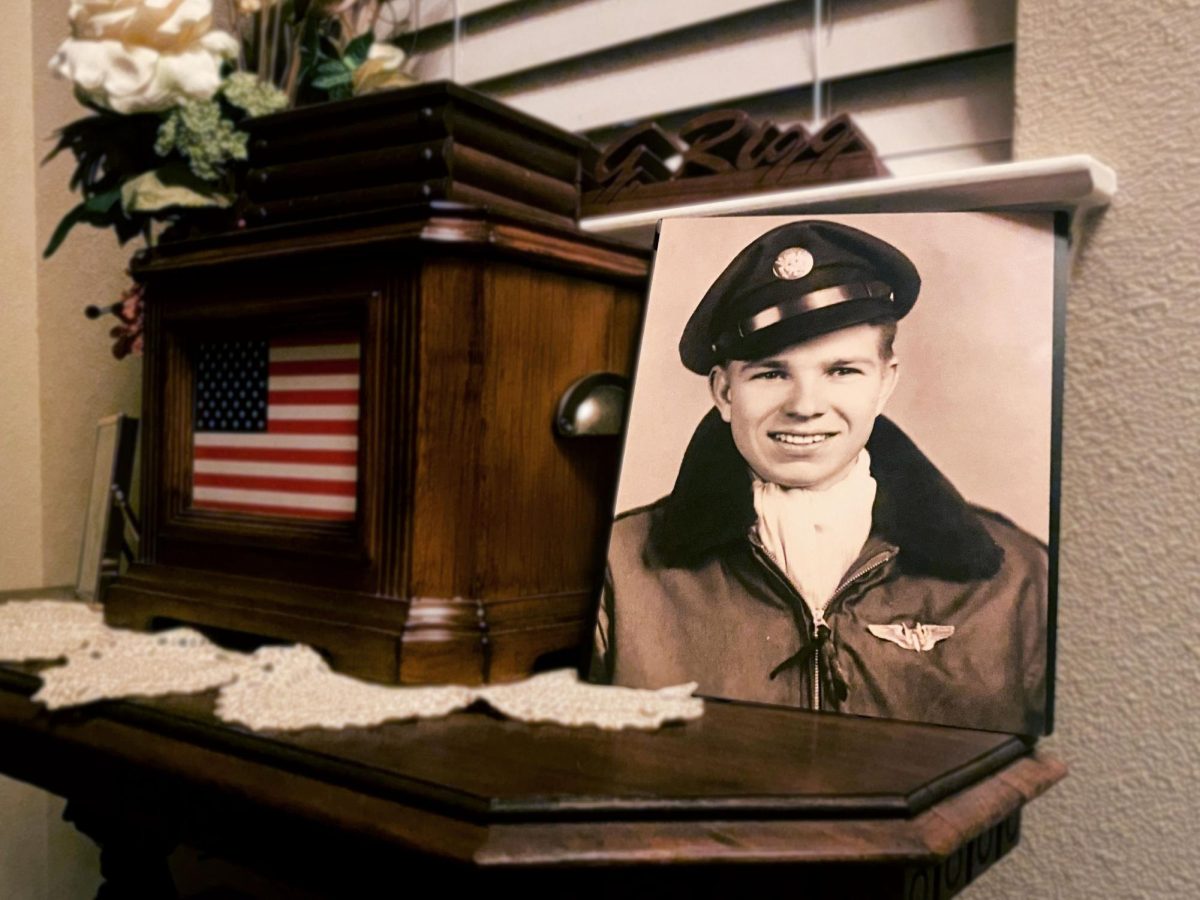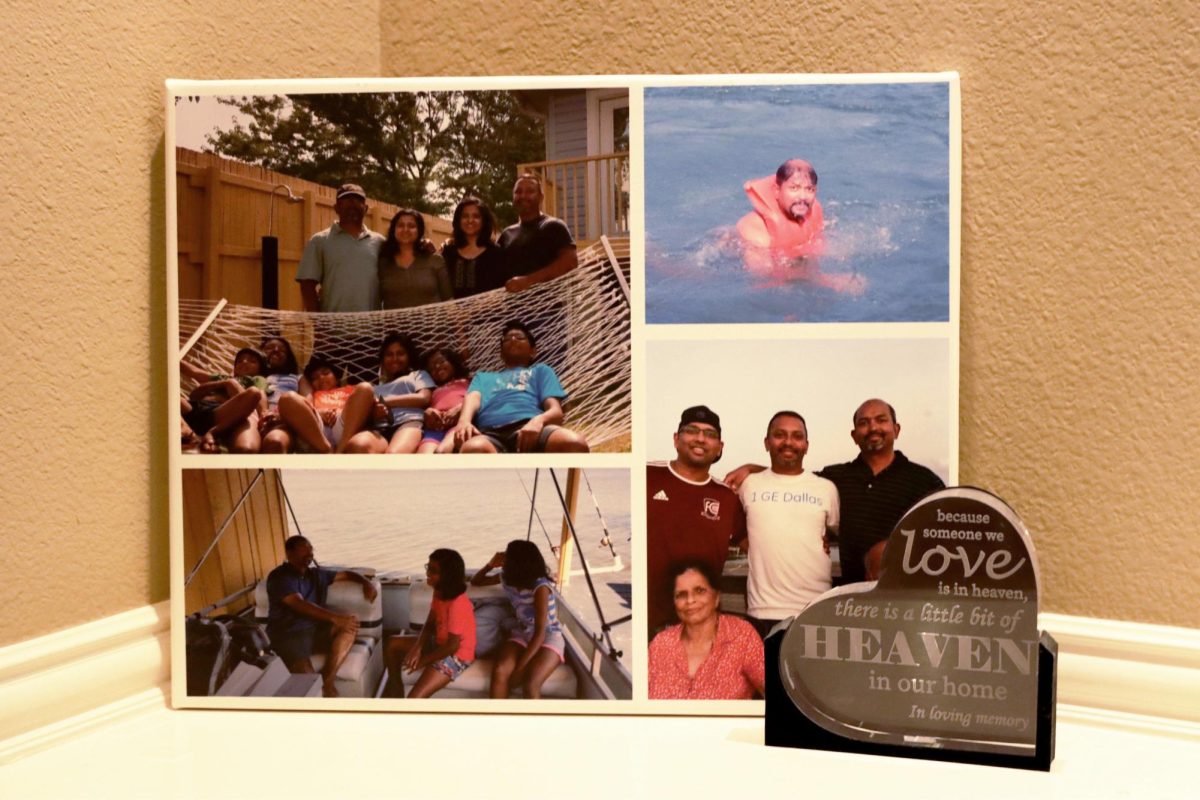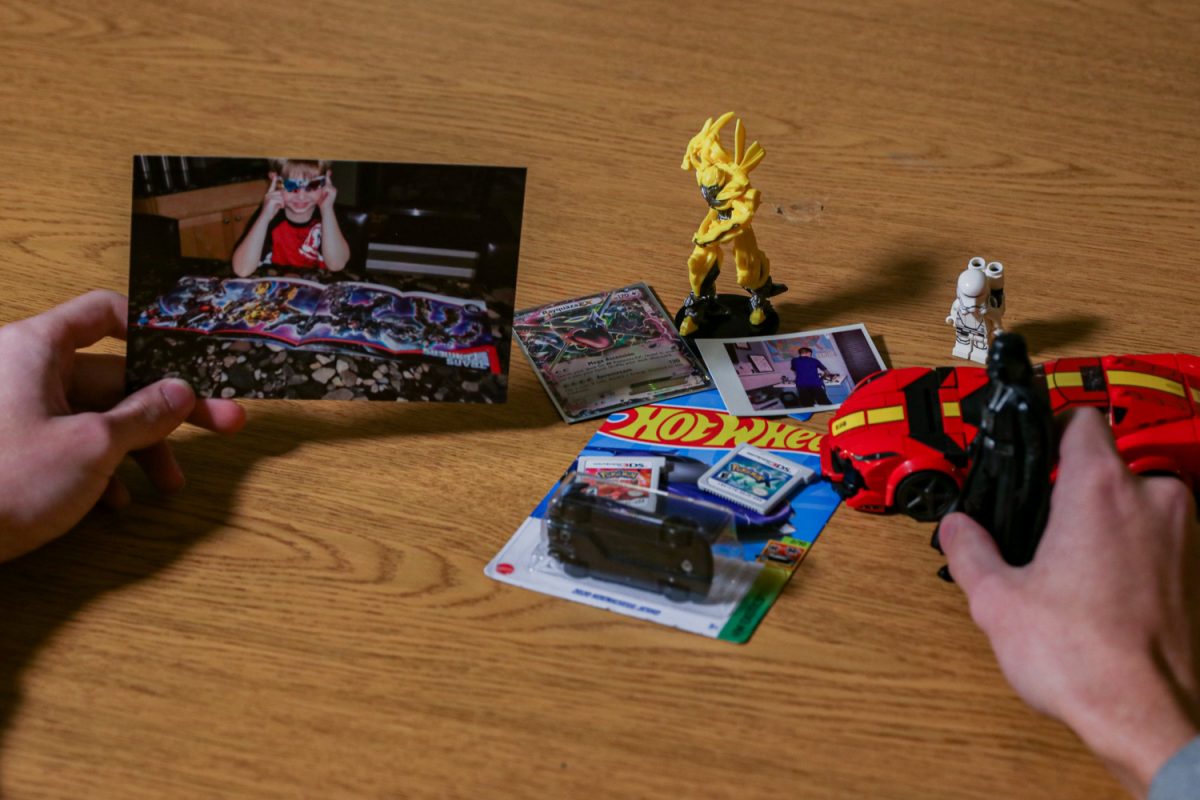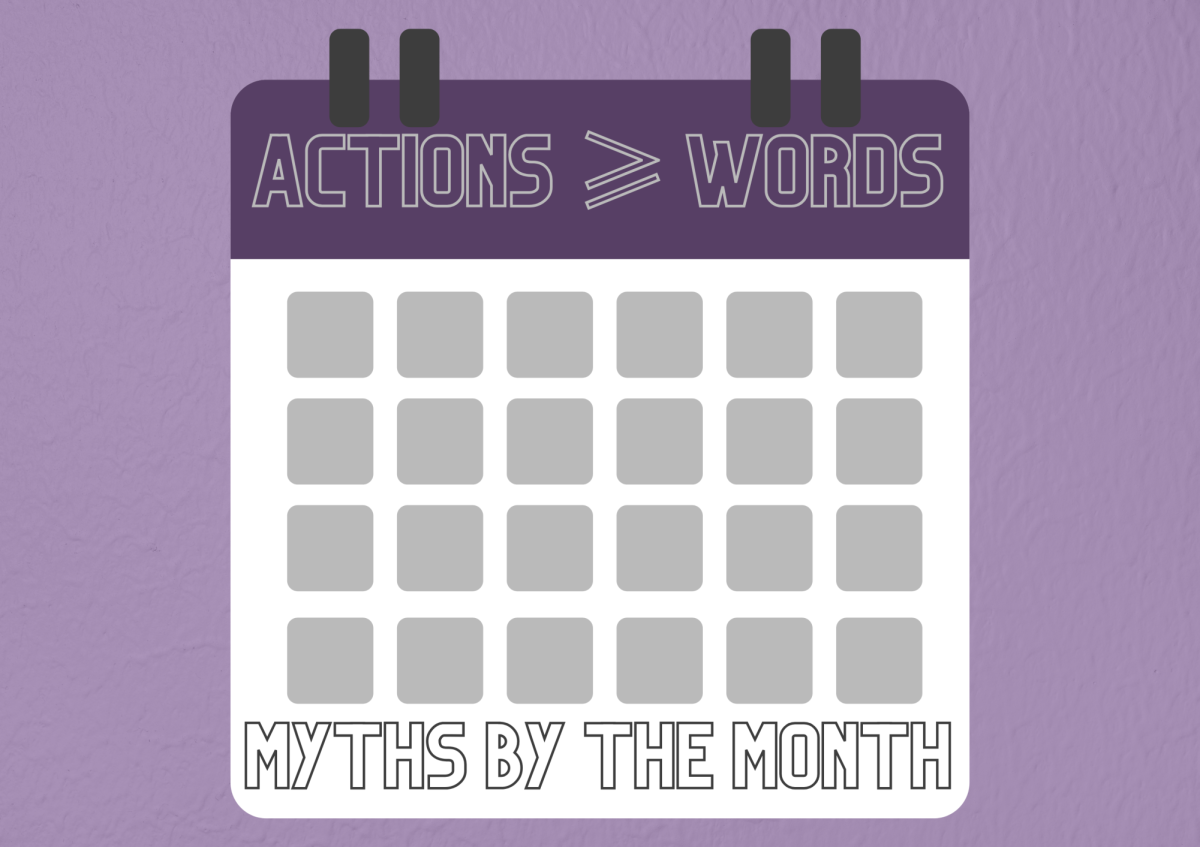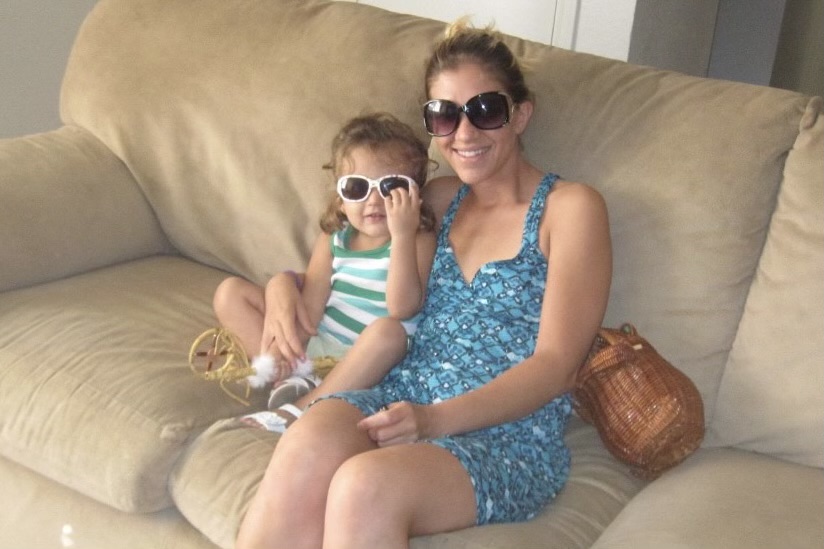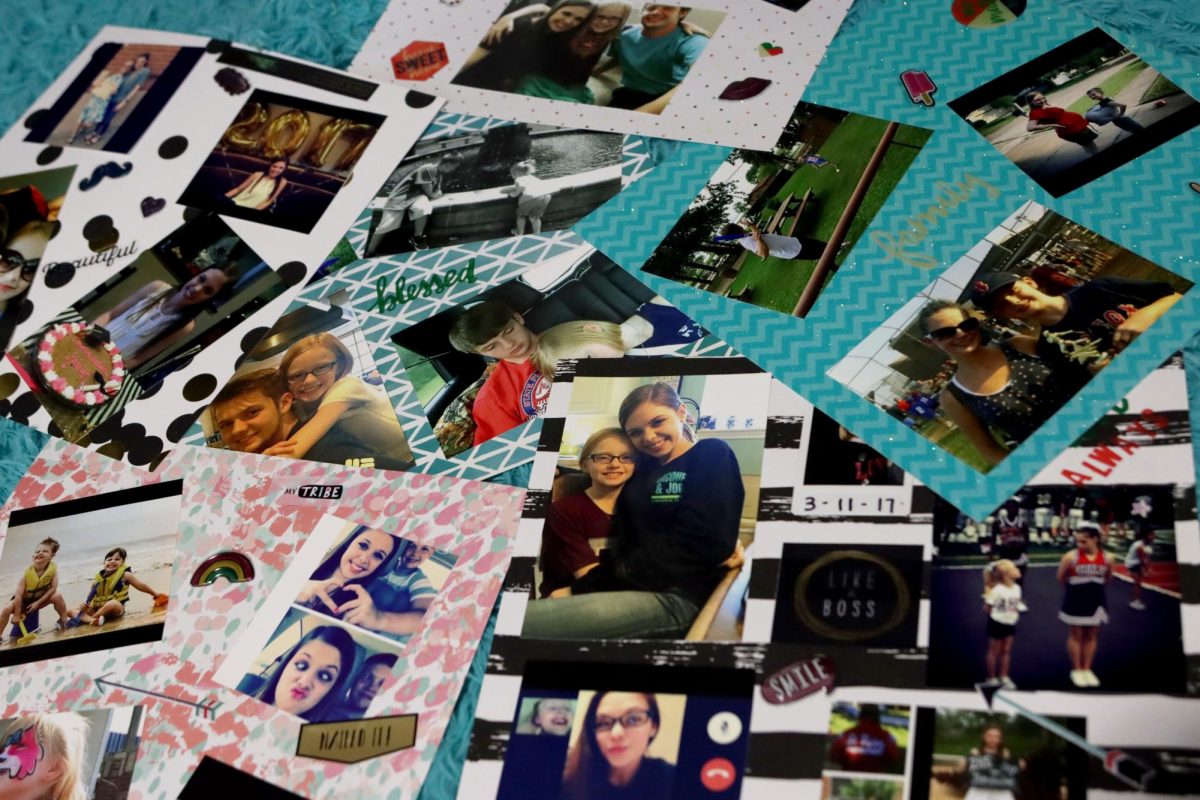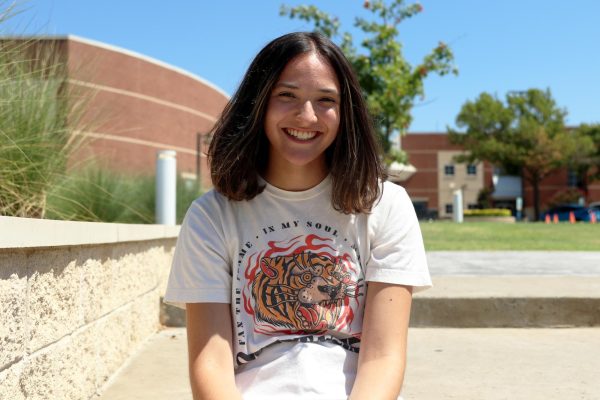Freshly made gravy bubbled on the stove, two plates of turkey sat in front of the rest of the food and a table of pies glistened in the corner. My family was gathered in the kitchen, chatting with each other as we began to form a line around the island.
I was thankful for my sister to be home from college. I was thankful for my favorite food. I was thankful for the family games we’d end the day with.
But I was angry, too.
My “thankful list” should’ve been larger. It should’ve included my great grandpa’s glass sweating on the living room table. It should’ve included my twin’s reminders of all the times she beat him at checkers. It should’ve included his tales of World War II and his love of planes.
At the very least, it should’ve included an afternoon visit to his assisted living center, where he should’ve had a few more weeks to live.
My great grandpa was not a saint, but he was a good man. The last few years of his life, he became more grumpy and withdrawn. The days we spent playing upstairs in my grandma’s old house turned into watching him retreat to his room after eating burgers. We gave him credit; he had lived almost a century and hung on for the thought of a letter from the government celebrating his 100 years. We knew he was getting old and our time was limited, but we thought he was as healthy as someone his age could be.
Then, we found out about the tumor in his brain. I was thankful for an explanation. I was angry at everything else.
His health quickly declined from there. We moved him into a hospital, then into assisted living. We were told he’d have a few more months to live — just enough time for one last Thanksgiving and Christmas. We told ourselves it would be enough: he was still alive, even if things weren’t quite the same.
We knew he wouldn’t make it the few months as predicted, so we prepared to say goodbye. I was supposed to visit him four or five times. I only managed one.
That visit was odd in a grotesque way. I was thankful to see him; I hated how visible his veins were. I was thankful he could still see me; I hated that he could barely remember who I was. I was thankful for his lungs that kept breathing and his heart that kept beating; I hated that, in a way, he was already dead.
Not even a week later, when I woke up excited for Thanksgiving, my mom stopped me down the stairs. She told me what happened.
He passed away.
I had never truly lost anyone before — I didn’t know what grief should feel like. I thought it would be an aching pain and that hot tears would stream down my face. Instead, it was a cold emptiness.
A few hours later, I sat at the dining room table with the same emptiness. We went around and said what we were thankful for, but nothing I could say felt right. He was gone; how could I be thankful for anything?
My grandma’s turn came around. She was quiet for a second — she had been quiet all day — before she said, “The good moments. I’m thankful for the good moments I had with him.”
My grandma knew how to mourn much better than I did. It struck her the same way it struck the rest of us, but she was prepared. She knew we would lose him soon, and even though the last few weeks were hardest on her, she was ready. She kept reminding us he was happier in heaven than he was in that bed.
I tried to keep that mindset, but it did not make grief any easier. I tried to force the memory of him in that bed out of my head by being thankful for the good memories I had. I tried to forget I’d never play him in checkers again by being thankful for the games I still had. I tried to forget that there was a missing name on every birthday card my great grandma gave me and just be thankful for the time I’d have with her.
I tried to follow my grandma’s lead. I reminded myself of the good moments — the stories he used to tell us and the board games he’d let us win — instead of the bluish veins I saw the last week he was alive.
This will be the third Thanksgiving without him; it will still be hard. The table will still get quiet when someone brings up a memory of him, but just like it has the past year, laughter will flood the air seconds later. I will always miss him, but for the good memories I have, I will also be forever thankful.



